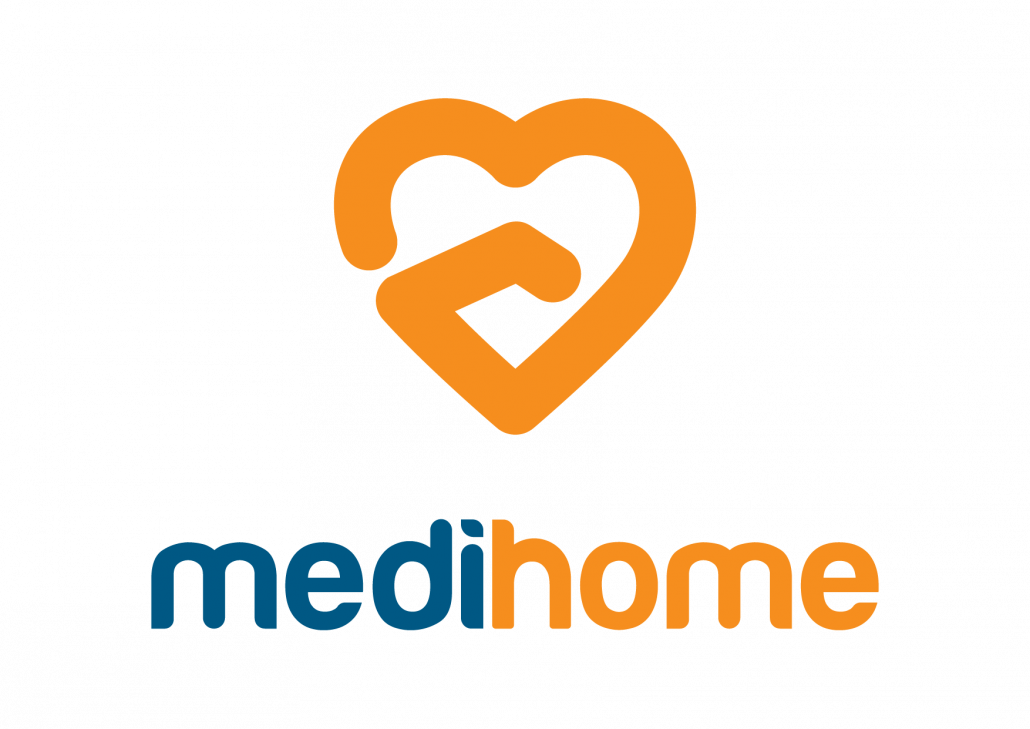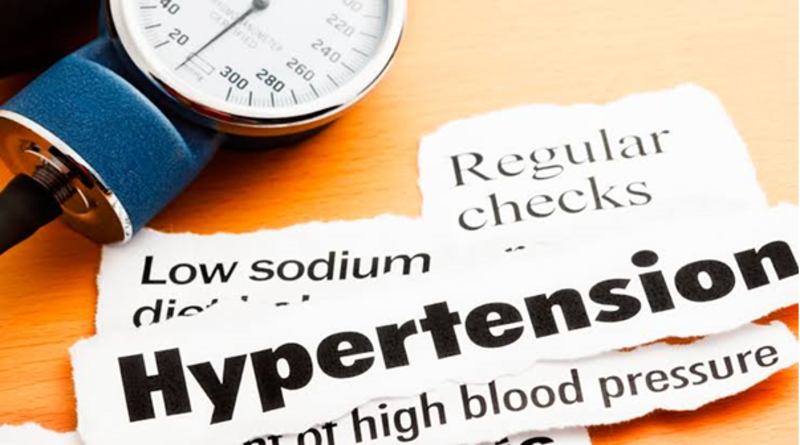Risk factors that can increase your risk of high blood pressure include health conditions, your lifestyle, and your family history. Some of the risk factors for high blood pressure cannot be controlled, such as your age or family history. But you can take steps to lower your risk by changing the factors you can control.
Unhealthy Diet
Too much salt (sodium) in your diet
Too much sodium in your diet can cause your body to retain fluid, and also causes the arteries in your body to constrict. Both factors increase blood pressure. Most of the sodium we eat comes from processed and restaurant foods.
Too little potassium in your diet
Potassium helps balance the amount of sodium in your cells. Potassium is found in many foods; bananas, potatoes, beans, and yogurt have high levels of potassium. Not eating enough potassiumexternal icon—a mineral that your body needs to work properly—also can increase blood pressure.
A diet low in vitamin D
It’s uncertain if having too little vitamin D in your diet can lead to high blood pressure. Researchers think that vitamin D may affect an enzyme produced by your kidneys that affects your blood pressure. More studies are necessary to determine vitamin D’s exact role in high blood pressure. However, talk to your doctor about whether you may benefit from taking a vitamin D supplement.
Physical Inactivity
Exercise increases blood flow through all arteries of the body, which leads to release of natural hormones and cytokines that relax blood vessels, which in turn lowers blood pressure. Lack of physical activity also increases the risk of being overweight.
Getting regular physical activity helps your heart and blood vessels stay strong and healthy, which may help lower your blood pressure. Regular physical activity can also help you keep a healthy weight, which may also help lower your blood pressure.
Obesity
Having obesity is having excess body fat. Having obesity or overweight also means your heart must work harder to pump blood and oxygen around your body. Over time, this can add stress to your heart and blood vessels.
Obesity is linked to higher “bad” cholesterol and triglyceride levels and to lower “good” cholesterol levels. Learn more about cholesterol.
In addition to high blood pressure, having obesity can also lead to heart disease and diabetes. Talk to your health care team about a plan to reduce your weight to a healthy level.
Too Much Alcohol
Having more than two drinks per day can cause hypertension, probably by activating your adrenergic nervous system, causing constriction of blood vessels and simultaneous increase in blood flow and heart rate.
Women should have no more than one drink a day. Men should have no more than two drinks a day.
Tobacco Use
Tobacco use increases your risk for high blood pressure. Smoking can damage the heart and blood vessels. Nicotine raises blood pressure, and breathing in carbon monoxide—which is produced from smoking tobacco—reduces the amount of oxygen that your blood can carry.
Stress
High levels of stress can lead to a temporary, but dramatic, increase in blood pressure. If you try to relax by eating more, using tobacco or drinking alcohol, you may only exacerbate problems with high blood pressure. Relaxation and meditation techniques effectively lower blood pressure.
Medications
A number of medications contribute to heart disease, including corticosteroids, oral contraceptives, some decongestants, medications that contain caffeine, and many others. In general, it is best to check the label to see if hypertension is one of the side effects of any medications you take, especially if you already have hypertension or if you are at increased risk for it.
Genetics
Family members share genes, behaviors, lifestyles, and environments that can influence their health and their risk for disease. High blood pressure can run in a family, and your risk for high blood pressure can increase based on your age and your race or ethnicity.
When members of a family pass traits from one generation to another through genes, that process is called heredity.
Genetics plays a role in hypertension, and much of essential hypertension could ultimately turn out to be genetic in origin.
Genes are believed to have approximately 30 percent to 50 percent impact on blood pressure. Specific genes have not been identified as responsible for hypertension, however.
This may be due to the fact that there are many genes that interact together to influence blood pressure, with some of these genetic variants being more common than others.
Overall, genes that contribute to hypertension are common in the population, as evidenced by the fact that hypertension is one of the most prevalent health conditions. The CDC reports that 33.5 percent of adults over age 20 have treated or untreated hypertension, and it is believed that essential hypertension is the leading type of hypertension.
Family History
Family health history is a record of the diseases and health conditions people in your family have had. Family health history is a useful tool for understanding health risks and preventing disease.
There is a link between family history and hypertension. If you have a parent, sibling, or grandparent with hypertension, you are at a higher risk of developing the condition yourself, especially if your family member has essential hypertension.
Other Characteristics
Both men and women can have high blood pressure. Some other characteristics that you cannot control—such as your age, race, or ethnicity—can affect your risk for high blood pressure.
- Because your blood pressure tends to rise as you get older, your risk for high blood pressure increases with age.
- Women are about as likely as men to develop high blood pressure at some point during their lives. Hypertension is more common in men than women until the age of 45. Thereafter and until age 64, the percentages of men and women with high blood pressure are similar, and women may be more likely to develop hypertension after age 60.
- Race or ethnicity. Black people develop high blood pressure more often than white people, Hispanics, Asians, Pacific Islanders, American Indians, or Alaska Natives do. Compared with white people, black people also develop high blood pressure earlier in life.
Source: CDC

